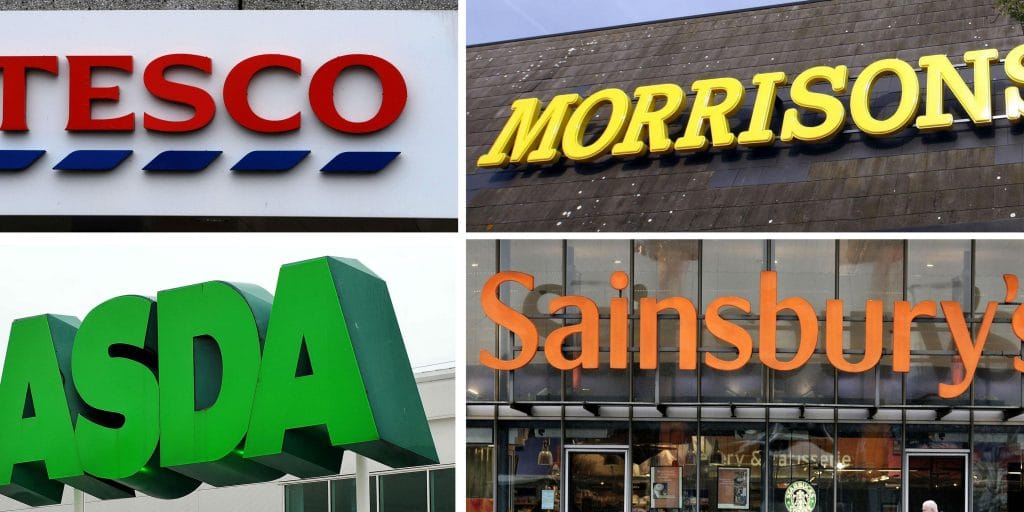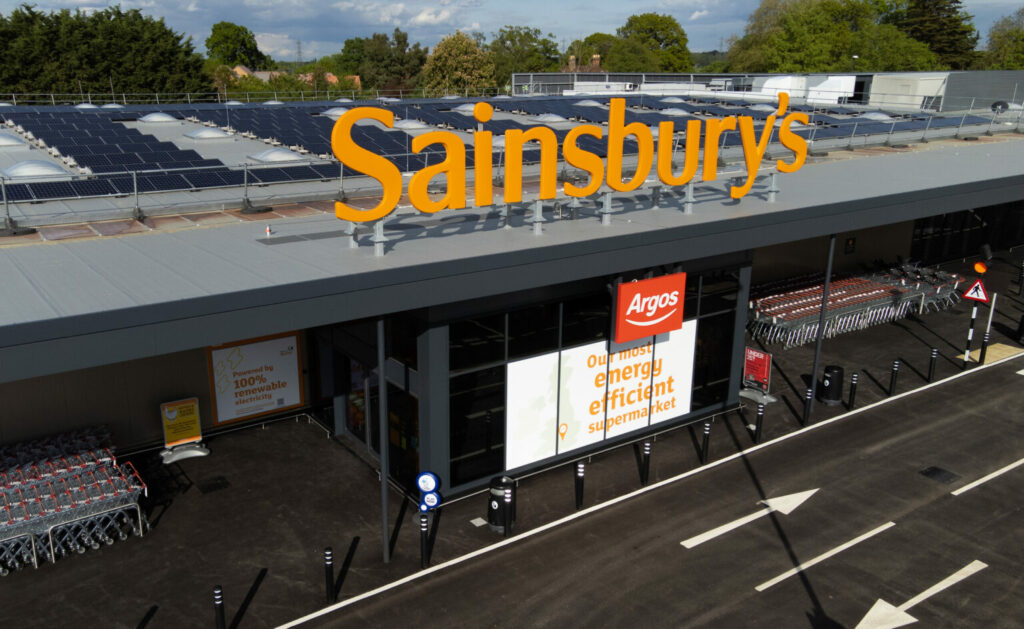Grocery spend halved in October in comparison to last year, but discounters Aldi and Lidl continue to ramp up their market share.
According to new data from Nielsen, headline growth in the four weeks to November 4 slowed to 1.5 per cent, less than half the 3.1 per cent growth seen in the same period last year.
Christmas promotions in the latter week offered some respite, with sales of beers, wines and spirits rising 4.9 per cent.
READ MORE:
Nielsen’s head of retailer insight Mike Watkins said this meant in-store promotions and media campaigns were therefore “more crucial than ever for supermarkets this Chirstmas”.
“With weaker than expected growth in October, the industry is under pressure to get shoppers into the habit of spending more over the next six weeks by showcasing what’s new and different in store,” he added.
A separate report from Kantar Worldpanel confirmed this slowdown in sales, with total market sales increasing 2.6 per cent in the 12 weeks to November 4, less than recent months.
The supermarkets hit hardest over this period were Sainsbury’s and Waitrose, seeing sales declines of 0.6 and one per cent respectively, marking the first decline for Waitrose since February 2009 and ending the longest run of growth for any physical retailer excluding the discounters.
Aldi was once again the best performer rising 15.5 per cent, followed closely by its German rival Lidl with 10 per cent growth.
Kantar WorldPanel’s Fraser McKevitt said: “Aldi’s sales increase of 15.5 per cent this period is the fastest rate since January 2018; this has helped lift its market share by 0.9 percentage points to 7.6 per cent, which is the largest year-on-year share gain by any retailer in nearly four years.
“Meanwhile, Lidl is in double digit growth for the second month running; sales are up by 10.2 per cent compared with a year ago and its market share is up 0.4 percentage points to 5.5 per cent.”
Elsewhere among the Big 4, Tesco saw sales edge up 0.4 per cent, while Asda and Morrisons grew 2.6 per cent and 1.5 per cent respectively.
Co-op was the other standout performer during the period, seeing a 5.1 per cent sales rise marking its seventh consecutive quarter of sales growth.
Iceland also reportedly benefited from its strong environmental stance, helping entice more affluent shoppers to its stores.
“Nearly 37 per cent of Iceland’s sales come from the more affluent ABC1 social group – five years ago this was less than a third,” McKevitt said.
“Its banned palm oil Christmas advert is tugging at the heartstrings of Britain’s middle classes and could translate into strong sales growth, especially if it manages to pique the interest of the half of the population who haven’t shopped there in the past year.”
Click here to sign up to Retail Gazette‘s free daily email newsletter

















